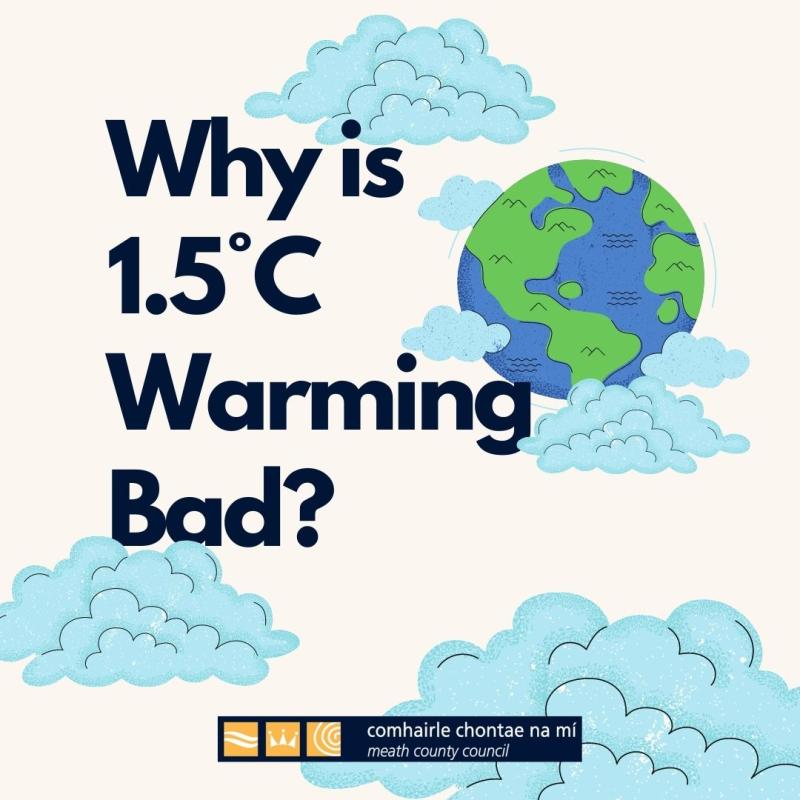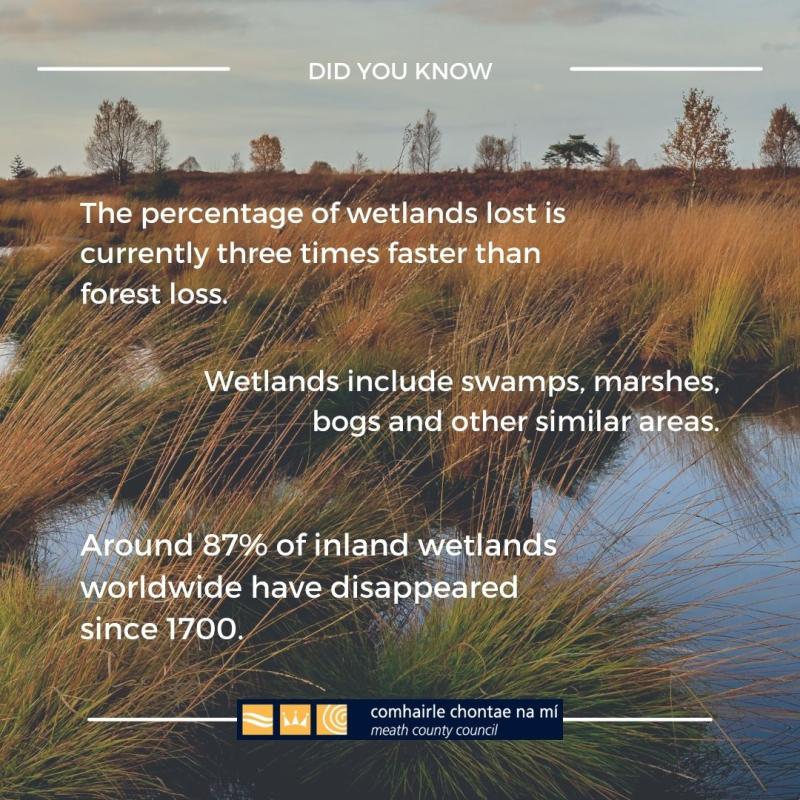Climate Change Effects
Some of the effects that Climate Change has on nature.

The World Meteorological Organisation announced last month that there is a 50/50 of average global temperatures exceeding 1.5°C in the next 5 years.
Why is average global temperature increasing by 1.5°C a big deal?
Firstly, the increase of 1.5°C is measured against a baseline from mid-to-late nineteenth century. And secondly, it’s important to remember that when we talk about global average temperatures increasing, this is the Earth’s average temperature – some places around the world have already crossed this line. And in some places, temperatures could rise significantly past 1.5°C.
The IPCC projects that going from 1.5 degrees of global warming to 2 degrees could mean:
• 1.7 billion more people experience severe heatwaves at least once every five years.
• Seas rise – on average – another 10 centimetres
• Up to several hundred million more people become exposed to climate-related risks and poverty.
• The coral reefs that support marine environments around the world could decline as much as 99 percent.
• Global fishery catches could decline by another 1.5 million tonnes.

Did You Know:
- The loss of wetlands is currently three times faster in percentage terms than forest loss.
- Wetlands include swamps, marshes, bogs, and other similar areas.
- Around 87% of inland wetlands worldwide have disappeared since 1700.
- Globally, Ireland contains 8% of the world’s blanket bog, but much of it is in poor condition and requires careful management to bring it back to favourable condition.
- Wetlands are important ecosystems and can help combat climate change because they are natural carbon sinks
- Carbon Sinks are any process, activity or mechanism that removes carbon from the atmosphere. The biggest carbon sinks are the world's oceans, wetlands and forests, which absorb large amounts of carbon dioxide from the Earth's atmosphere.